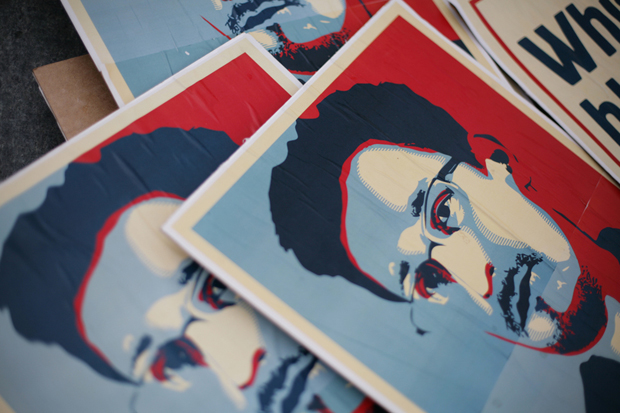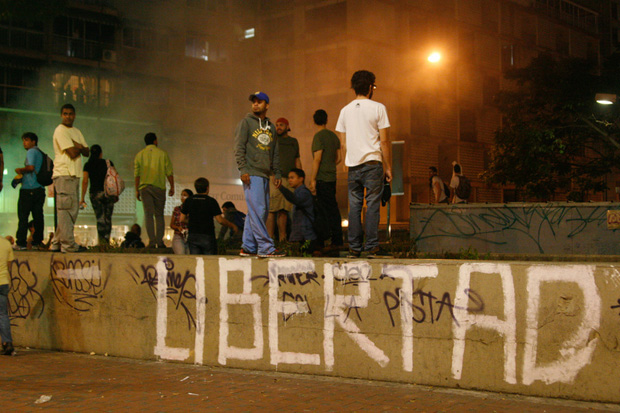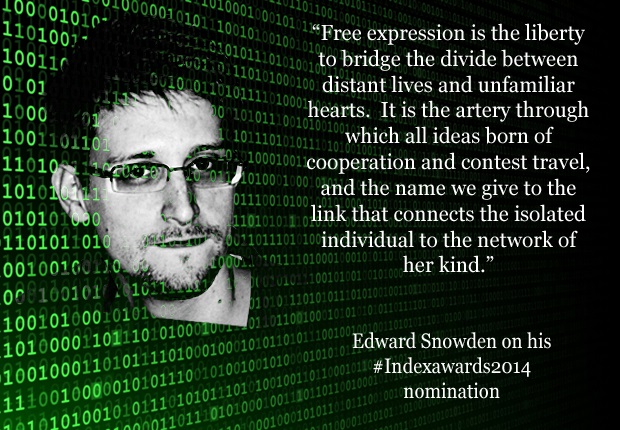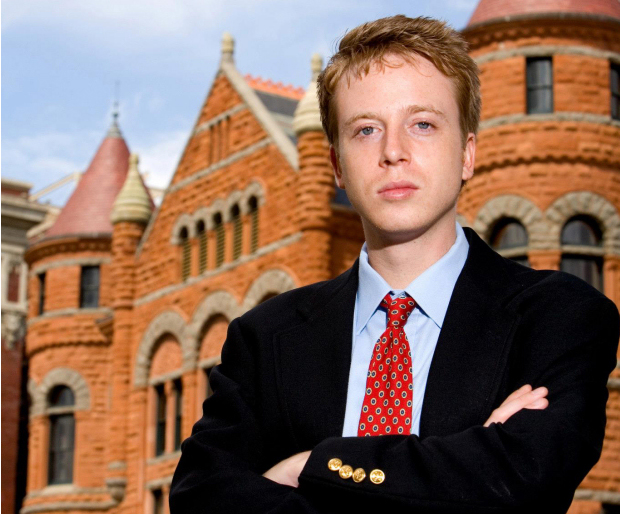Poet Maya Weeks explores the 45 reasons she thinks twice, despite the protections afforded to her as an American.


Poet Maya Weeks explores the 45 reasons she thinks twice, despite the protections afforded to her as an American.

Knowledge, claimed Francis Bacon, is power. It is also money. Which is why Canada’s newly drafted Digital Privacy Act, Bill S-4, is considered by the privacy fraternity to be a demon of some proportions, Binoy Kampmark writes

Edward Snowden’s revelations on the voracious appetite of spying on all and sundry by the National Security Agency and allied agencies should not give pause for too much comment, other than to affirm a general premise: Activists and non-government groups are to be feared.

Journalists continue to come under pressure from police and protesters in Brazil, according to a report released on 8 April, Simone Marques writes

All over the world, education is a right. In Venezuela it is considered a privilege. Ambar de la Croux explores the reasons behind the country’s street protests

After two years of wrangling, the Brazilian chamber of deputies finally approved the General Internet Framework last week. Simone Marques reports on the long road to Marco Civil.

Reforms can be a deceptive thing. They can be particularly deceptive when covering the intelligence community, which is notoriously resistant to legislative meddling it tends to find intrusive. Binoy Kampmark writes
Index hosts a Google Hangout with New York-based Guardian Digital journalist James Ball, and LA Times London correspondent, Henry Chu

In 2013, National Security Agency contractor Edward Snowden leaked thousands of documents detailing US government surveillance to the press, igniting a global debate on the ways authorities can watch citizens’ communications

The case continues to highlight the question, are journalists complicit in a crime when sharing illegally obtained information in the course of their professional duties? Christian Stork reports